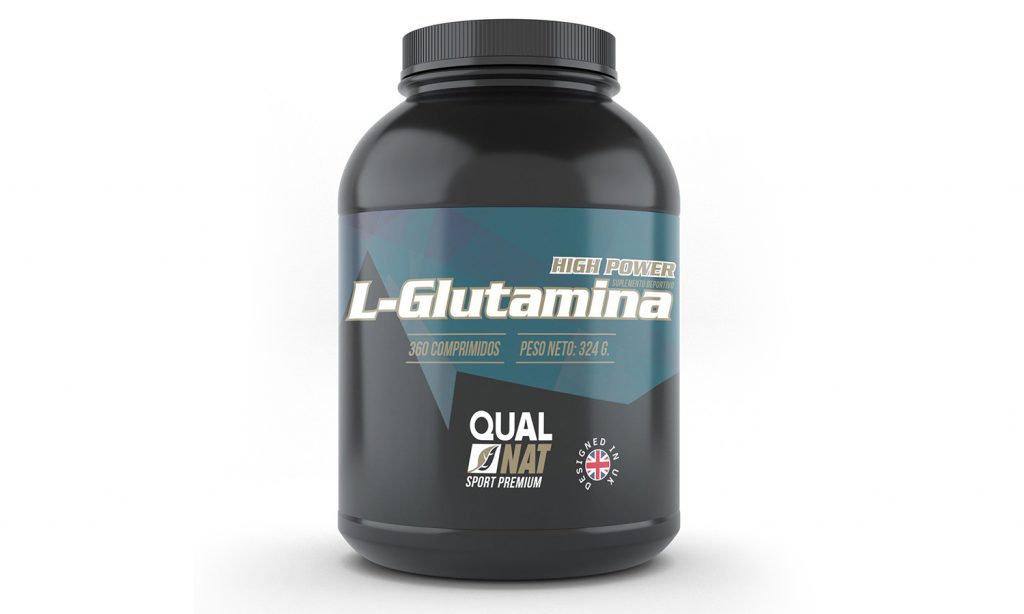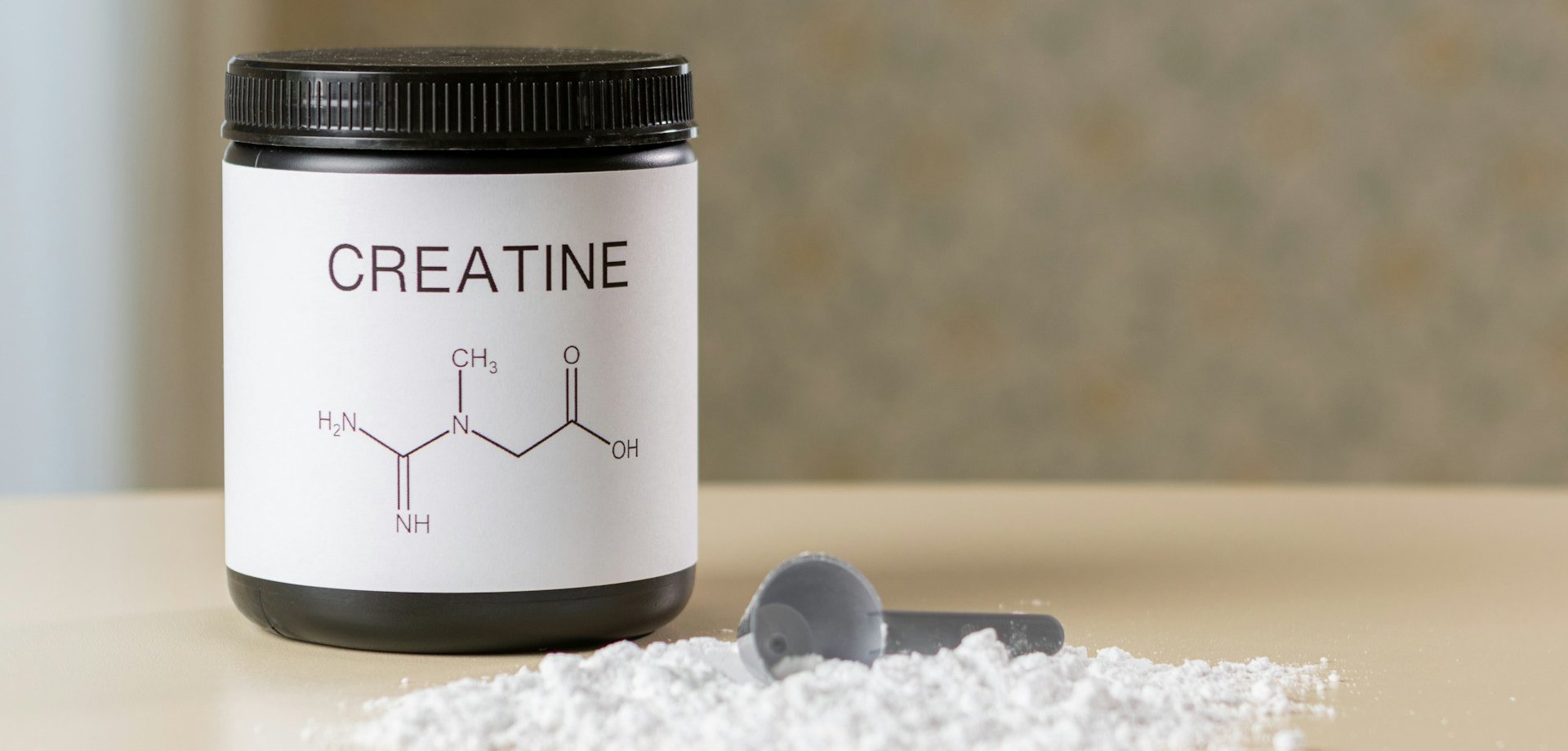What is Glutamine used for?
Author:
Julio Valero
Published on:
3/15/2021

¿Para qué sirve la Glutamina?

It is an essential amino acid that people believe benefits body composition when used as a supplement, but glutamine is actually found in sufficient quantities in most people's diets, and may only be an option for supplementation for vegans, although it is not mandatory.
About Glutamine
Glutamine is considered one of the 20 amino acids found in protein sources of foods, and may be necessary during periods of illness and muscle wasting, typical of a pathology or physical trauma. It is sold as an isolated amino acid, but is found mainly in red meat and eggs. It can also be found in high levels in both whey protein and casein protein.
Glutamine is a compound that is primarily important for the immune and intestinal systems, as cells can use it as an alternative fuel source to glucose. Although glutamine is often marketed as a muscle builder or repairer, it has not been shown to improve muscle development or recovery in healthy individuals. It only does so in cases of physical trauma (such as burns or muscle injuries) or muscle-wasting diseases (such as AIDS).
How to take
The recommended supplementation dose is always 5 g or more, and lower doses are not advised due to the high serum ammonia content. Low doses have been found to increase serum ammonia, and this has been found to be 0.75 g/kg, or 51 g for a 150-pound person.
As there is no evidence supporting its effectiveness in increasing or recovering muscle mass, specific dosages for this purpose have not been established. The previously mentioned dosages are sufficient for individuals with intestinal issues and to mitigate potential future glutamine deficiencies.

Results of some studies
Variations in ammonia are seen when taking glutamine, ammonia can decrease as part of a daily supplement routine and is measured during prolonged exercise causing a rise to occur when ingested in high, acute doses but fading over time.
Some research suggests that an increase in blood glucose may occur due to the direct conversion of glutamine to glucose after oral administration, and may result in an increase in insulin as a side effect. An increase in serum creatinine may also occur, but this is thought to be due to an acute reduction in glomerular filtration rate rather than changes in muscle damage.
Some studies report that glomerular filtration rate decreased in older people who ingested 0.5 g/kg of glutamine, negatively impacting some serum biomarkers.
Glutamine supplementation leads to an increase in urea levels. Additionally, serum urate levels increase by 10-20% acutely, but this effect diminishes over time.
When glutamine is tested during exercise, it fails to outperform placebo on markers of muscle recovery or gain.
Glutamine does not benefit symptoms associated with Duchenne muscular dystrophy. On the other hand, it is not effective in reducing symptoms associated with Crohn's disease.
In summary
It is an amino acid supplement. It has the functions of maintaining intestinal and immune health (when necessary), it does not cause muscle gain and it does not help with exercise.
It is also known as L-glutamine and should not be confused with Glutamate or Alanylglutamine (Sustamine).
If you want to see the studies I used for this analysis, you can go to the website: https://examine.com/supplements/glutamine/#
Comparte en redes sociales
Recent posts

A bad night's sleep: a reason to stay up even longer?

Creatine Effectiveness: What Does Science Say About Its Benefits?

Does meal timing help you lose fat?

Is your triceps press building muscle or holding you back?

Nutrition tailored to you: based on your genetic profile.

Carbohydrates: the key to an explosive workout.